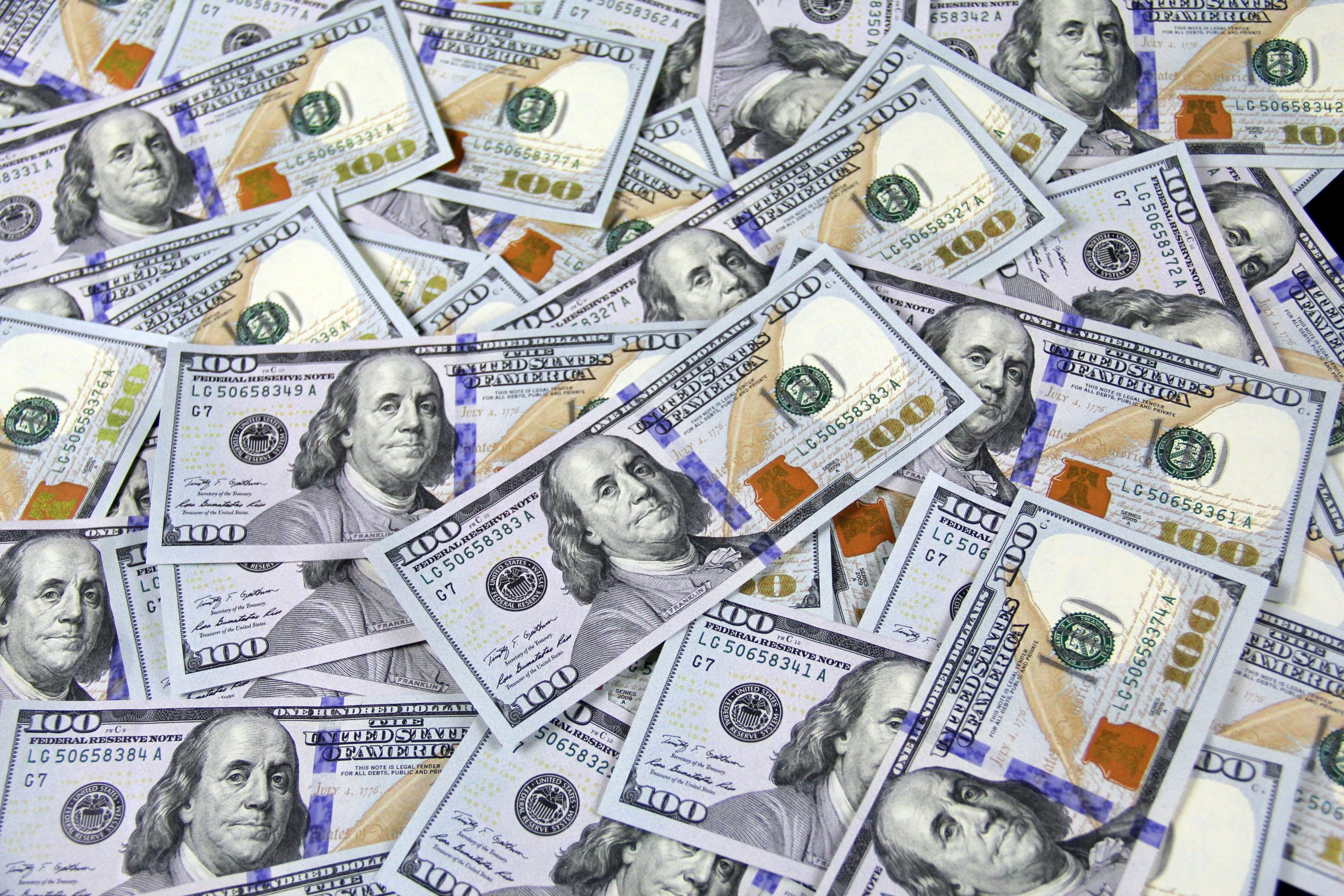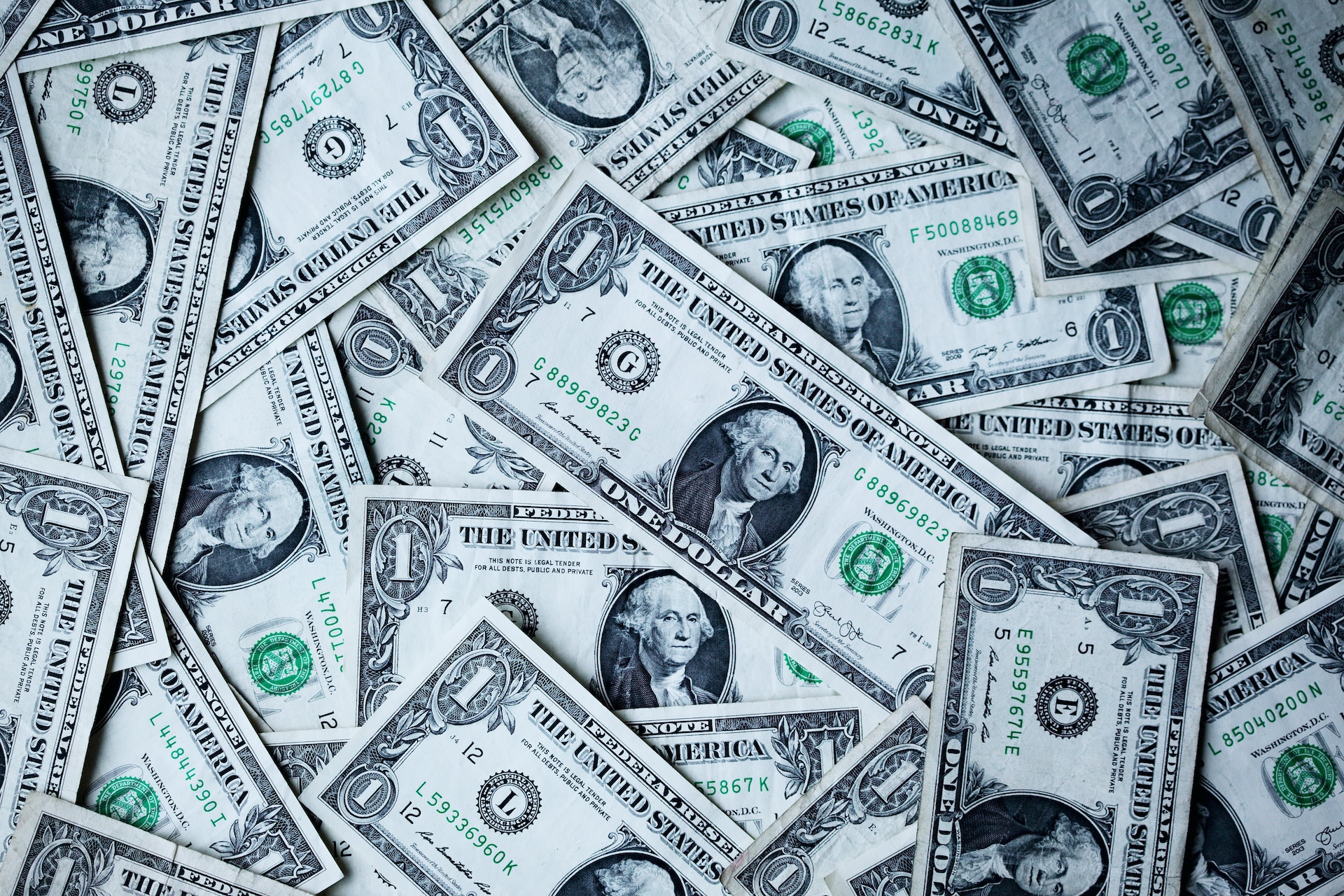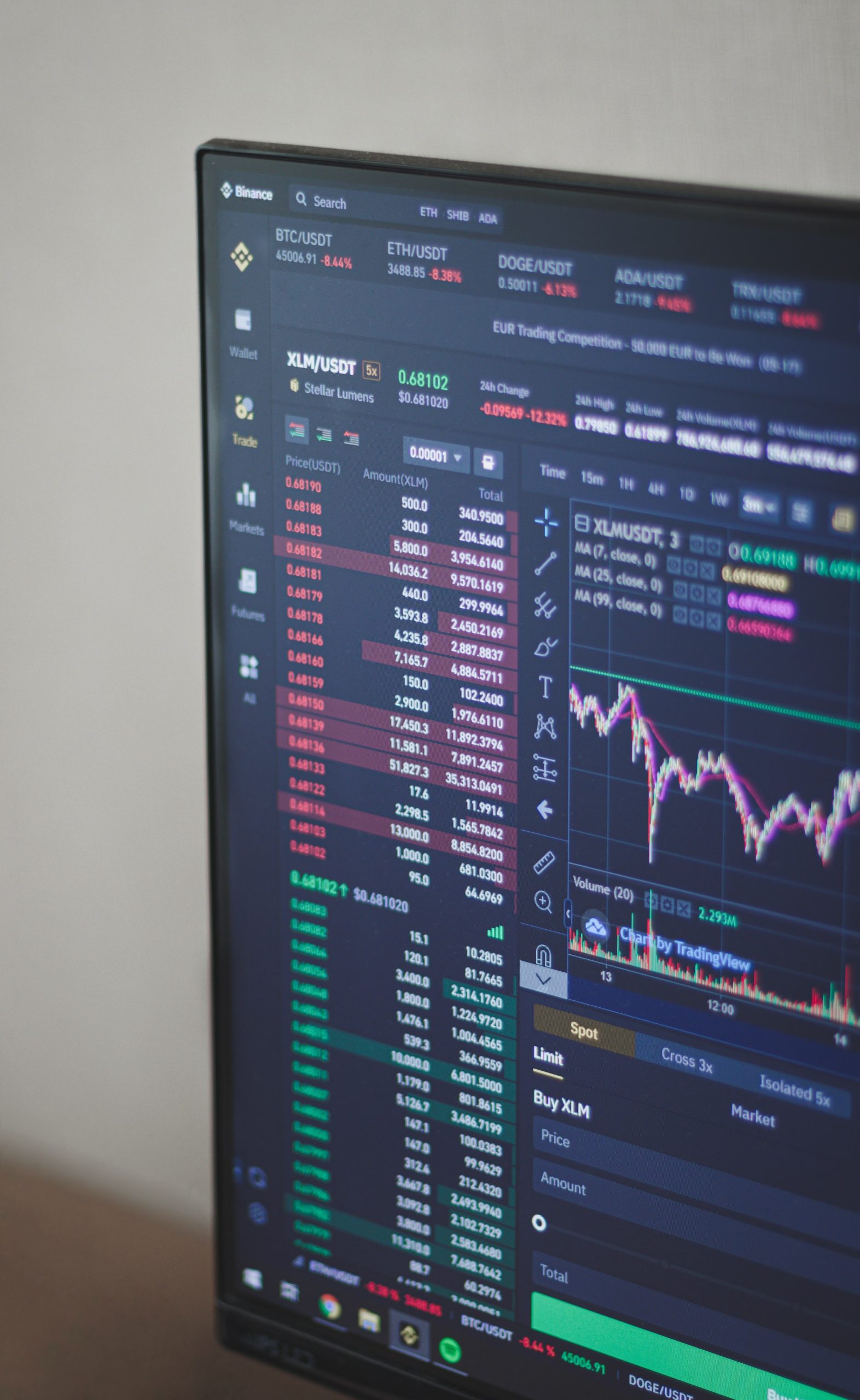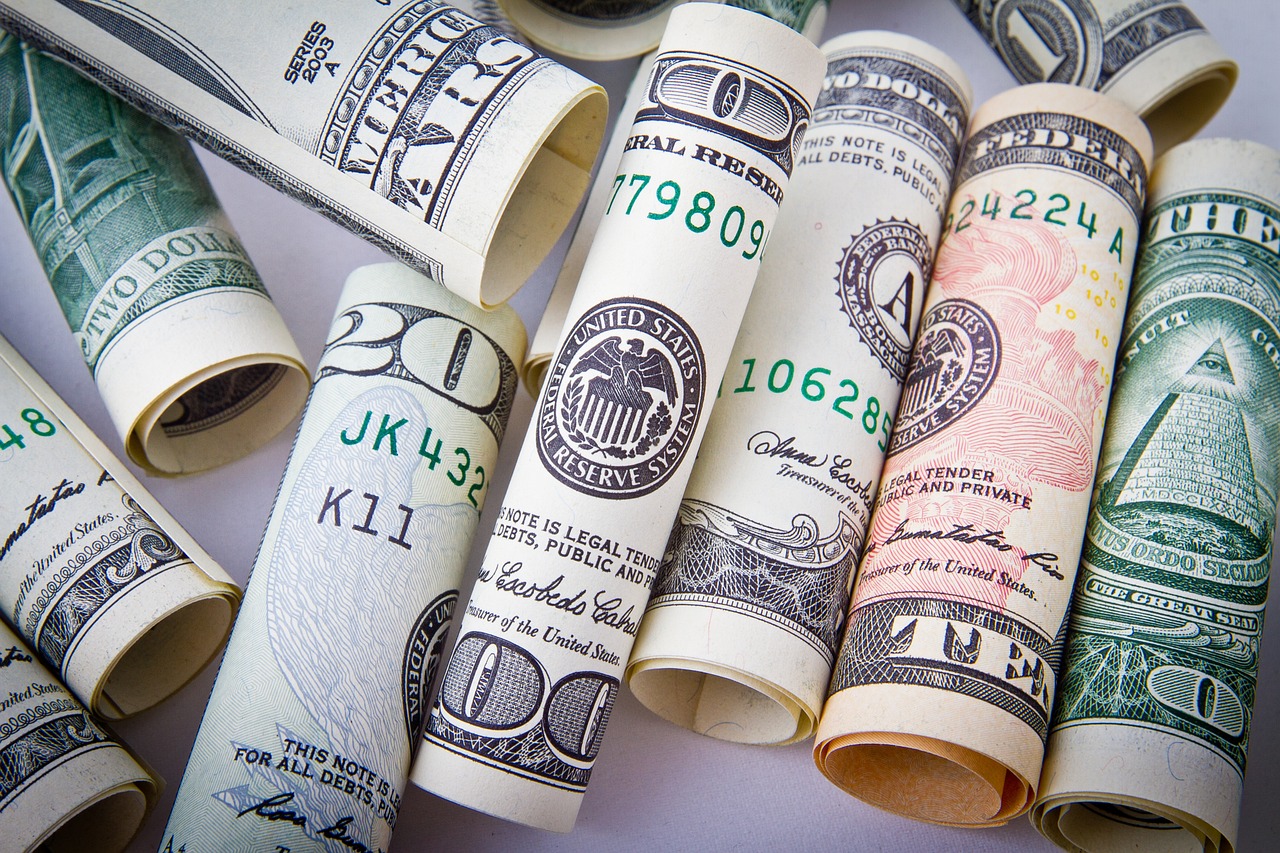As we head into uncertain times, the looming credit crunch is casting a shadow of doubt over the US economy. With fears of an economic slowdown and rising debt, it’s crucial to understand how this could impact our financial stability. In today’s blog post, we’ll be navigating the thin ice to explore what the credit crunch is, why it matters and what you can do to prepare for its potential impact on your finances. So grab a cup of coffee and let’s dive in!
The Credit Crunch
The credit crunch is a term used to describe the current economic situation in which borrowers are struggling to repay loans. The crisis began in 2007, when the housing market crashed and many people lost their jobs. This caused people to stop borrowing and spending, which in turn caused banks to lose money.
Now, the Credit Crunch has spread to other parts of the economy. Small businesses have been hit hardest because they usually borrow money from banks to expand their operations. Consumers are also feeling the pinch because they can’t afford to buy expensive items like cars and homes.
There are several ways that the Credit Crunch could impact the US economy. First, it could cause more people to default on their loans, which would lead to more banks going bankrupt. This would hurt everyone who borrowed money from those banks, including ordinary consumers and small businesses alike.
Second, it could lead to a recession. Recessions happen when there is a decrease in economic activity for a long period of time. This could happen if companies stop investing in new products or services or if people stop buying things because they’re afraid they won’t be able to pay back their debts.
Third, it could cause prices on goods and services to go up, since banks will be less likely to loan money to companies that are doing well financially. This would make it harder for average Americans to afford things like groceries and cars.
Finally, it could lead lenders (including government-sponsored entities
The Impact of the Credit Crunch
The world is on the brink of a credit crunch, and if it occurs, it could have serious implications for the US economy. The primary drivers of this crunch are high levels of debt and credit, which have been increasing explosively in recent years. When these bubbles burst, they can cause a number of problems for businesses and consumers.
One of the most immediate impacts will be higher borrowing costs. This will make it more expensive for companies to borrow money, and it could also lead to a decrease in investment activity. Higher borrowing costs can also impact consumer spending, as people tend to use their loans to purchase items that are important to them (like groceries or cars).
In addition to impacting lending availability and demand, a credit crunch could also lead to a decline in stock prices. This is because when investors become fearful about the future prospects of companies, they may sell off their shares en masse. In short, a credit crunch could have widespread consequences for the economy as a whole.
Fortunately, there are some steps that policymakers can take to mitigate the potential impacts of a credit crunch on the US economy. For example, they can continue to pursue stimulus measures (like tax breaks or government spending) in order to boost economic activity and help revive markets that have been hit hard by concerns about debt defaults. Additionally, regulators can work to ensure that banks remain afloat by providing them with sufficient liquidity support (like providing them with loans at low interest rates). Taken together, these measures should
Solutions to the Credit Crunch
The credit crunch is a looming problem that could have a significant impact on the US economy. While there are many potential solutions, it is unclear which will be successful in averting a global economic recession.
One potential solution is for the United States to increase government spending in order to stimulate the economy. However, this approach has been problematic in the past and may not be feasible given current budget constraints.
Another option is for the Federal Reserve to reduce interest rates in order to stimulate borrowing and investment. However, this may lead to increased inflation and could cause further financial problems down the line.
Ultimately, it is difficult to determine whether or not the credit crunch will have a negative impact on the US economy. However, if it does, officials need to take action quickly in order to prevent an even larger crisis.
Conclusion
The credit crunch is looming, and it’s poised to have a significant impact on the US economy. The extent of that impact remains unclear, but it’s definitely something worth paying attention to as we head into 2009. If you’re in the business of lending money, or if you own any investments that are tied to the health of the US economy, now might be a good time to take a closer look at how things are going.










